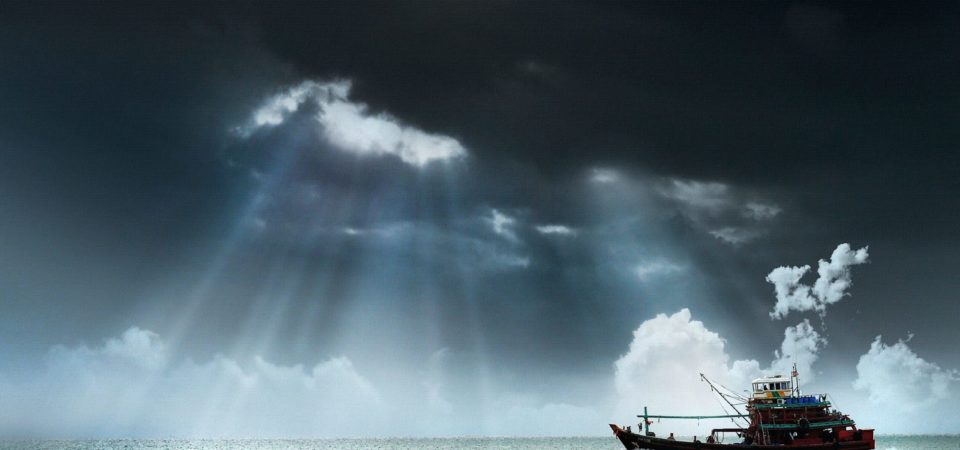Item Link: Access the Resource
Date of Publication: February, 2019
Year of Publication: 2019
Author(s): Mary Democker
Mary Christina Wood On Avoiding Climate Disaster
When I arrived at the urban homestead Mary Christina Wood shares with her family in Eugene, Oregon, she had just pulled homemade bread from the oven. I had come to interview her about a bold legal campaign to prevent climate catastrophe. We sat at her kitchen table, near shelves lined with jars of food she had canned, and talked and drank tea made with peppermint from her garden.
An environmental-law professor at the University of Oregon, Wood is the author of the 2013 book Nature’s Trust: Environmental Law for a New Ecological Age, in which she argues that the resources necessary for human survival — including the atmosphere — are part of a trust that the government must safeguard on behalf of current and future generations. Since politicians are failing to do that, she created a road map for citizens to take the government to court and demand a science-based, legally enforceable plan to stabilize the climate.
Wood isn’t a litigator herself, but suits or petitions have been filed in all fifty states using her concept of an “atmospheric trust.” The campaigns are spearheaded by Our Children’s Trust, a nonprofit organization founded by environmental lawyer Julia Olson. In the legal actions, children are holding their governments legally accountable for violating their right to a livable planet. Some of the cases have been dismissed, but one, Juliana v. United States, achieved a major breakthrough two days after Donald Trump’s 2016 election, when U.S. district judge Ann Aiken affirmed that “a climate system capable of sustaining human life is fundamental to a free and ordered society.” The government, Judge Aiken ruled, would stand trial for destroying the climate. (The case is still pending as we go to press.)
Wood is a fourth-generation Oregonian with many ancestors who fought for social and environmental justice. Born in 1962, she grew up beside the Columbia River, on land her great-grandparents had cultivated as a prune orchard. She spent countless hours as a child exploring the shoreline, watching chum salmon spawn in the creek in autumn, and foraging for berries in summer. Her childhood in that place led her to view the functioning natural world as a priceless inheritance from our ancestors. It’s a notion her great-grandfather, poet and civic leader C.E.S. Wood, would recognize. He once composed a poem in which he figuratively bequeathed Oregon’s Metolius River to his grandchildren, including Wood’s father. Nearly a century later, when the same river was threatened by development, a group of children who testified in its defense read the poem to a state legislative committee. When the bill they were supporting failed, some children left the chamber in tears. Wood told them, “Never give up.” They continued to lobby the legislature, and, a few weeks later, a bill protecting the river passed by one vote.
Wood is founding director of the Environmental and Natural Resources Law Center at the University of Oregon and the recipient of the 2015 David Brower Lifetime Achievement Award. In addition to her atmospheric-trust scholarship, she advocates for “relocalization” — making changes in our personal lives to minimize our impact on the climate. For their part, she and her family grow much of their own food in their urban yard, use bikes as a main form of transportation, and try to avoid airline travel and other activities with large carbon footprints.
I ended up interviewing Wood several times. At our most recent meeting, her tone was more urgent than ever. The UN’s climate panel had just released what she called a “bombshell report” calling for a 45 percent carbon-emissions reduction from 2010 levels by 2030 to avoid all-out disaster. The Juliana case — the only current legal pathway for achieving that kind of reduction — had been delayed just days before its scheduled trial. The Trump administration was doing everything it could to stall the legal process. The litigation, she said, is in a race against climate tipping points.
Read the full article here.
The views and opinions expressed through the MAHB Website are those of the contributing authors and do not necessarily reflect an official position of the MAHB. The MAHB aims to share a range of perspectives and welcomes the discussions that they prompt.
